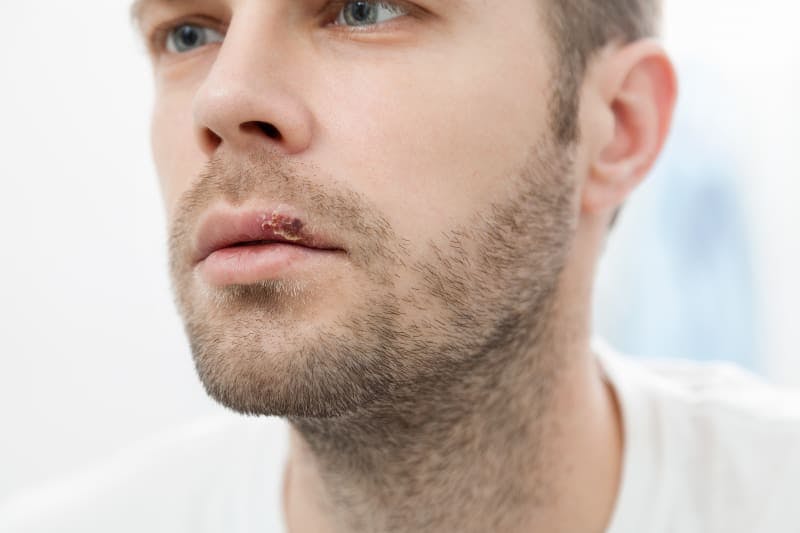Herpes affects more than 3.7 billion people under the age of 50 worldwide. It is estimated that roughly one in six people aged between 14 and 49 suffer from genital herpes.
However, despite this, herpes sufferers are often still unsure about treatment and transmission. Although there is no cure for herpes, there are steps you can take towards reducing symptoms and preventing passing it on.
Our doctors can help with Herpes – book an online GP appointment today.
